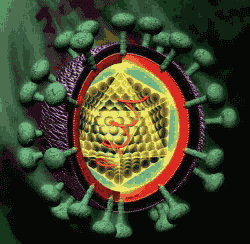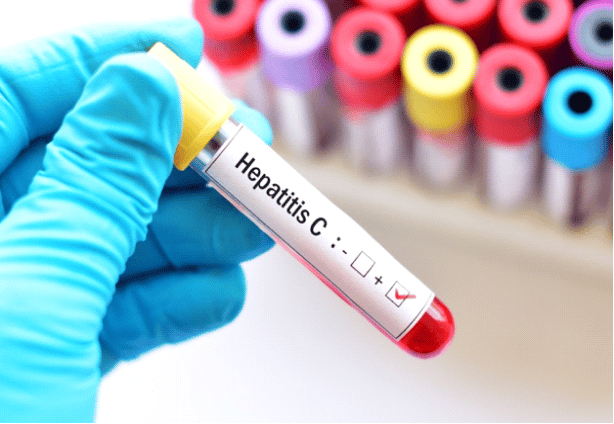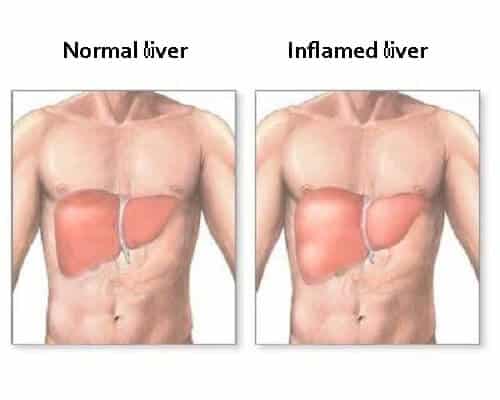Email us:
info@andrea-digestive-clinic.comCall us:
+65 6264-2836#21-11/12 Royal Square Medical Centre
Mon - Fri : 9am - 5pm, Sat : 9am - 1pm
Hepatitis means “inflammation of the liver”.
Hepatitis C essentially means an infection with the virus Hepatitis C.
There are estimated 150 million carriers of the hepatitis C virus in the world, with over 500,000 – 750,000 dying annually from HCV-related liver disease.
In Singapore, the prevalence rate is about 0.2%


Most patients do not have symptoms of hepatitis C, so do not expect to feel different from normal
By the time symptoms develop, liver damage is usually severe.
It is important to note that the absence of symptoms does not mean hepatitis B or liver damage is under control.
Symptoms of acute infection are:
Symptoms of severe liver damage may include:
Hepatitis C virus does not damage the liver. Liver damage is due to the body’s immune system trying to fight the hepatitis C virus. Liver damage can be measured by blood tests such as ALT (also called SGPT).
If liver damage is prolonged, the liver becomes scarred (liver cirrhosis), which can lead to liver failure and liver cancer and early death.
All these complications are potential life-threatening.


As hepatitis C is usually asymptomatic the only way to diagnose hepatitis C is by a blood test.
A positive Anti-HCV blood test (antibody to hepatitis C) means previous contact with hepatitis C virus. In order to confirm active infection, the HCV RNA test (another blood test) is performed. A positive anti-HCV test but a negative HCV RNA test indicates clearance of Hepatitis C infection.
There is no vaccine to prevent hepatitis C infection.
The only method to prevent infection is to avoid risk factors for hepatitis C infection such as tattoos and intravenous drug abuse.
All persons with Hepatitis C should undergo regular medical follow-up. The purpose of follow up if to assess the liver condition for inflammation and liver cancer. Early diagnosis and treatment can help prevent liver damage.
We advise patients to avoid alcohol, traditional medicines and steroids as these substances may cause additional liver damage.
For more enquiries regarding Hepatitis C, please reach out to us at Andrea's Digestive Clinic.
